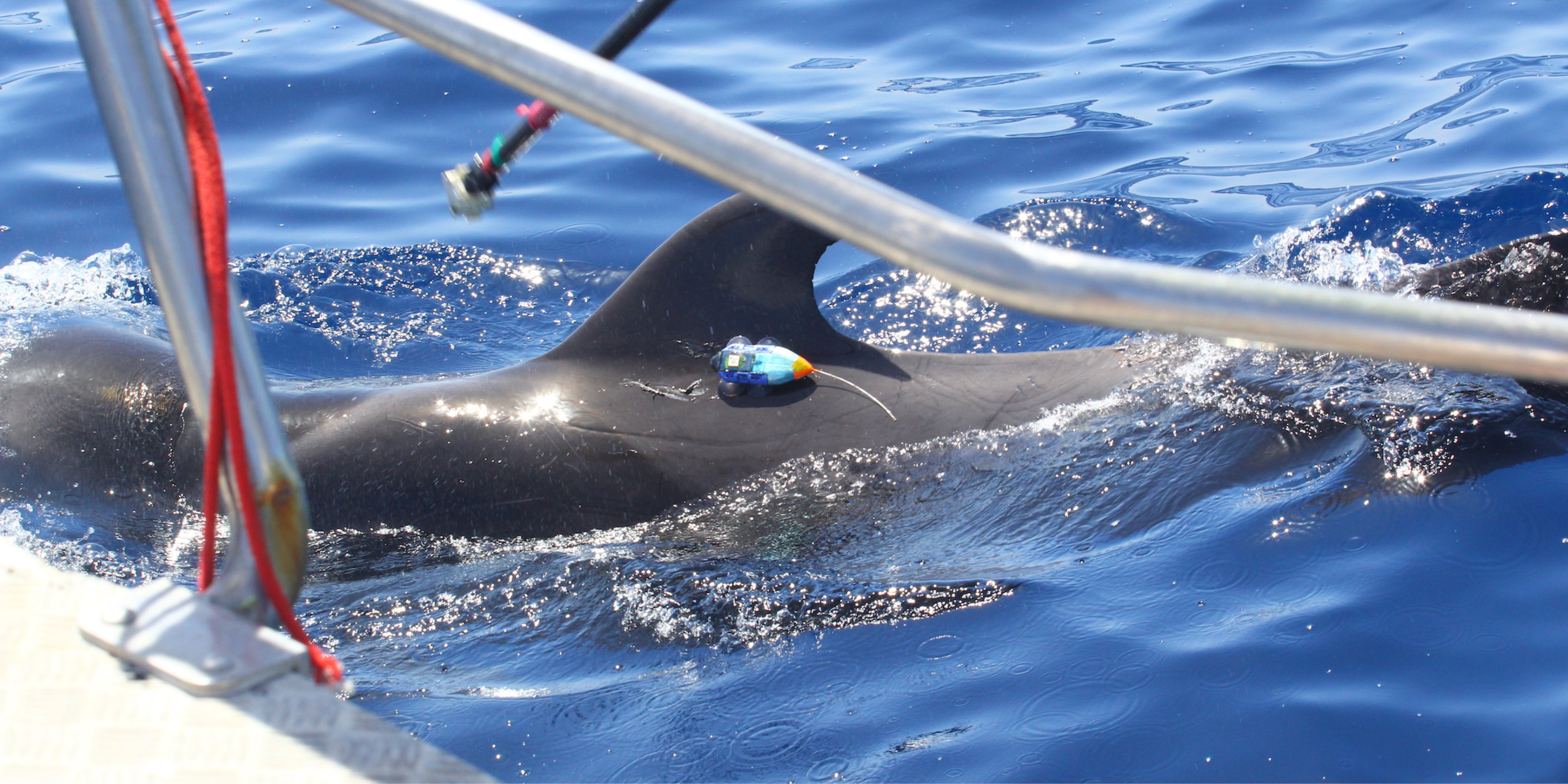In This Section
- Home
- About the College
- Governance
- College Committees & Steering Groups
- College Assembly
- College Council
- College Executive Management Committee
- College Academic Programmes and Curriculum Development Committee
- College Graduate Studies Committee
- College Research & Innovation Committee
- College Teaching Learning and Student Experience Committee
- College Student Recruitment and Outreach Committee
- College Sabbatical Research Leave Committee
- College of SEFS Adjunct Appointments Committee
- International Education Committee
- College Postgraduate Student Committee
- Athena SWAN Steering Group
- College Committees & Steering Groups
- Human Resources
- UCC STEM Awards
- Scholarships and Prizes
- Women in STEM Panel Talks
- Inaugural Professorial Lectures
- Athena SWAN in SEFS
- Proposal Calls
- Contact Us
- Science in Society Public Lecture Series
- Governance
- News
- Staff
- Schools and Departments
- Current Students
- Undergraduate Courses
- Postgraduate Courses
- International Students
- Research and Innovation
- Employability and Careers
- Outreach and Public Engagement
- Science Week
- Transition Year Programmes
SATURN Project investigates the impact of aquatic noise pollution

Although an important contributor to the EU economy, the dramatic growth in international maritime trade over the past two decades has also led to a marked increase in aquatic noise pollution, termed “Underwater Radiated Noise” (URN).
The majority of aquatic species rely on sound for vital life functions such as communication, foraging, and avoiding predators, and the URN emitted by ships and boats can interfere with these functions and lead to changes in an animal’s behaviour, physical development, and anatomy. URN is produced by all types of vessels, from large ships that generally emit low frequency acoustic energy (<10kHz), to smaller recreational vessels that emit higher frequency sound (10-100kHz) in shallower coastal areas or in rivers and lakes.
Senior Research Fellow Gerry Sutton of MaREI, the SFI Research Centre for Energy, Climate and Marine (part of the Environmental Research Institute), is leading the SATURN project, which is progressing the development of innovative solutions designed to reduce and mitigate the detrimental effects of underwater noise on aquatic life. SATURN, which is funded through the EU’s Horizon 2020 research and innovation programme, is the first in its field that combines expertise from all relevant disciplines (bioacoustics; population biology; marine mammal, fish, and invertebrate biology; maritime engineering; shipping; policy; stakeholder engagement and science communication) into a single project to collectively develop knowledge on:
- The sounds that are most detrimental to aquatic species and how they are produced and propagated
- The short-term and cumulative long-term negative impacts of noise from shipping and boats on three representative groups of aquatic species in rivers and the sea (invertebrates, fish, and marine mammals)
- The most promising options for measuring and reducing the negative impacts of ship noise that can be applied to current and future vessels
For more on this story contact:
Gerry Sutton, Kathrin Kopke, Pauhla McGrane, Amy Dozier, Jessica Giannoumis and Orla-Peach Power, UCC. Sign up for our newsletter here, or find out more about SATURN at www.SaturnH2020.eu and keep up with the latest updates on Twitter or LinkedIn.
College of Science, Engineering and Food Science
Coláiste na hEolaíochta, na hInnealtóireachta agus na hEolaíochta Bia
Contact us
Block E, Level 3, Food Science Building, UCC, Cork, T12 YN60.
